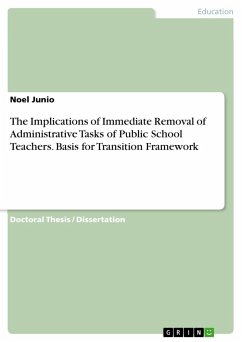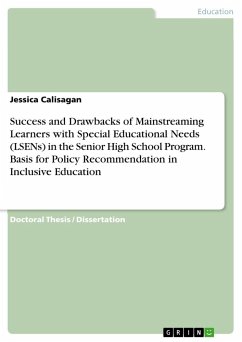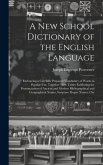Research Paper (undergraduate) from the year 2018 in the subject Didactics for the subject English - Pedagogy, Literature Studies, grade: 2,3, Technical University of Braunschweig, course: Mediating Languages and Cultures/ Foreign Language Pedagogy - Teaching Lexis and Grammar, language: English, abstract: How do young children make meaning of new words and in which way is new vocabulary taught to students? What are the most guiding principles concerning vocabulary acquisition? Also, which didactic strategies are best suited to teach vocabulary? In order to find out the answers to these questions, this paper investigates how primary school kids acquire knowledge in lexis within the framework of the VBS II, an internship, in which students participate. For this reason, I will analyze the value of teaching lexis based on Scott Thornbury´s book "How to teach vocabulary".Acquiring knowledge in lexis is a vital component in the process of learning a second or a foreign language. Lexisand grammar form the fundamental basis of the four language skills; speaking, listening, reading and writing. Those four give a person the ability to master a different language apart from one´s mother tongue, for instance, the English language. Nowadays, English, as the lingua franca, is basically taught to students on a global level. For this reason, it is crucial for students to develop a certain set of skills, oftentimes already at a young age, that helps them come to terms with contemporary expectations raised by the society and the global market.In connection to these established expectations in society, teachers from around the world try their best to teach their ESL/ EFL (English as second or foreign language) students the necessary basics of the English language, which gives them the ability to communicate with people form different countries or to even act in the international world of business later in life. Depending on the country and its curricula, from kindergartners and first up to forth grade students are already introduced to the English language. Teaching young children therefore requires special methods, which need to fit the age of the pupils.
Hinweis: Dieser Artikel kann nur an eine deutsche Lieferadresse ausgeliefert werden.
Hinweis: Dieser Artikel kann nur an eine deutsche Lieferadresse ausgeliefert werden.








